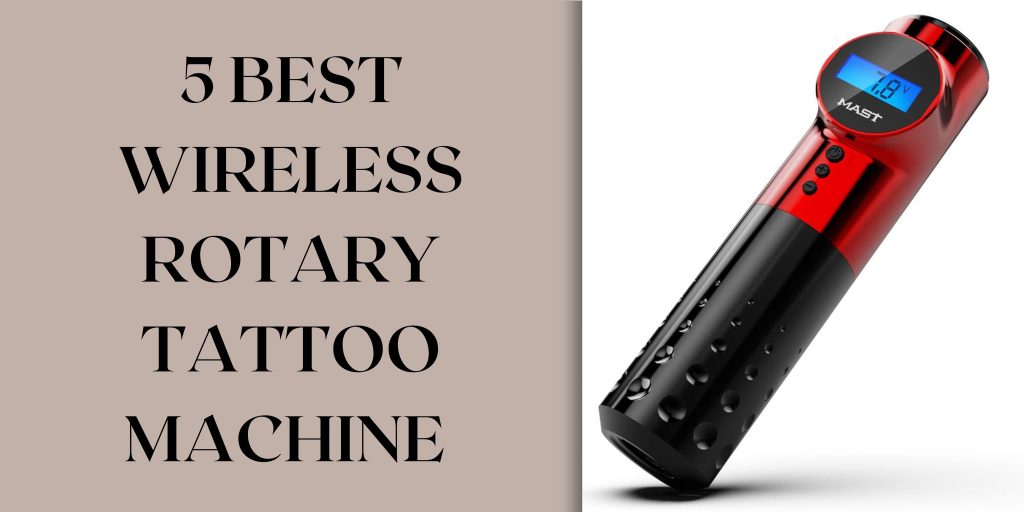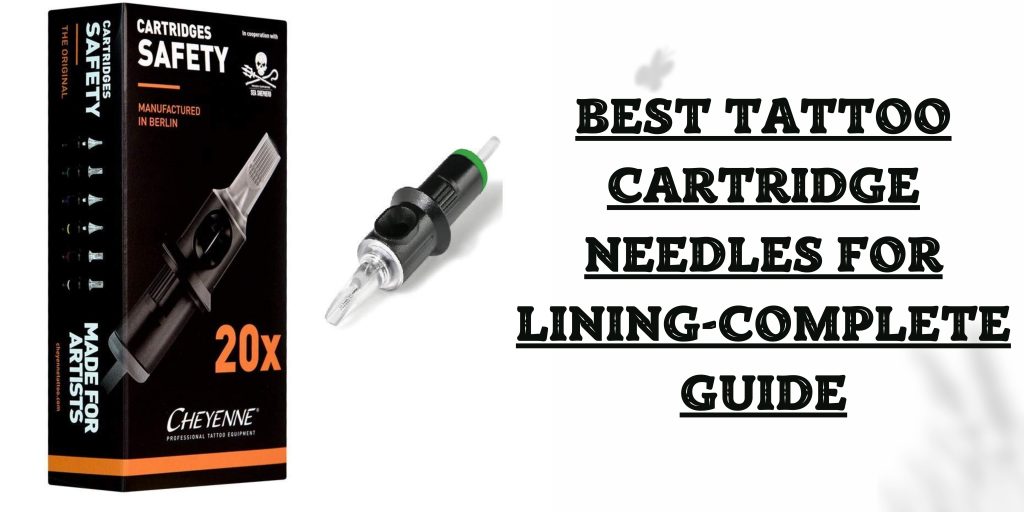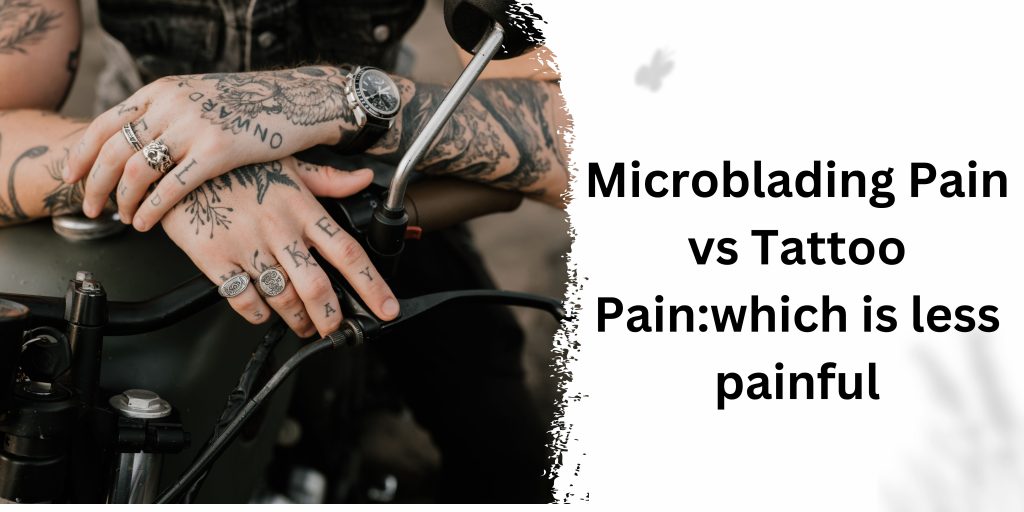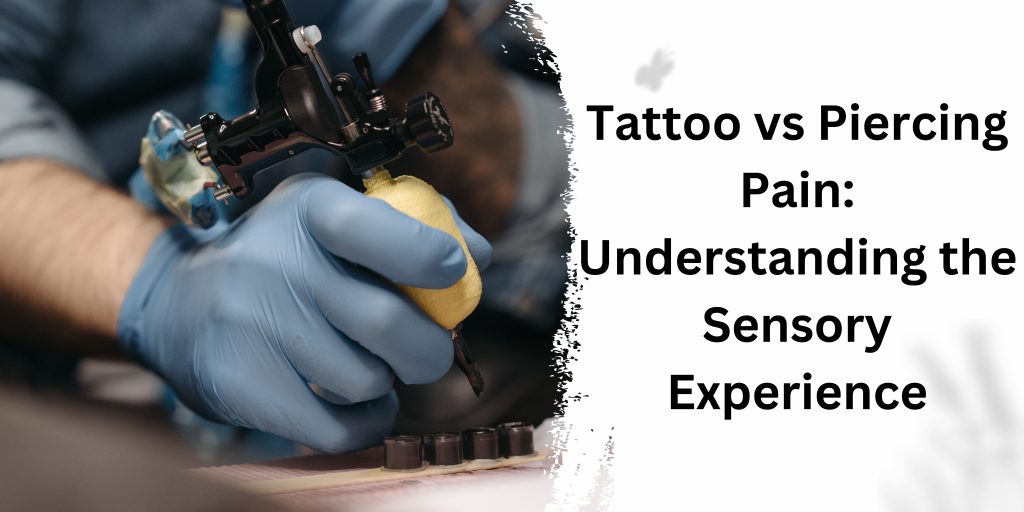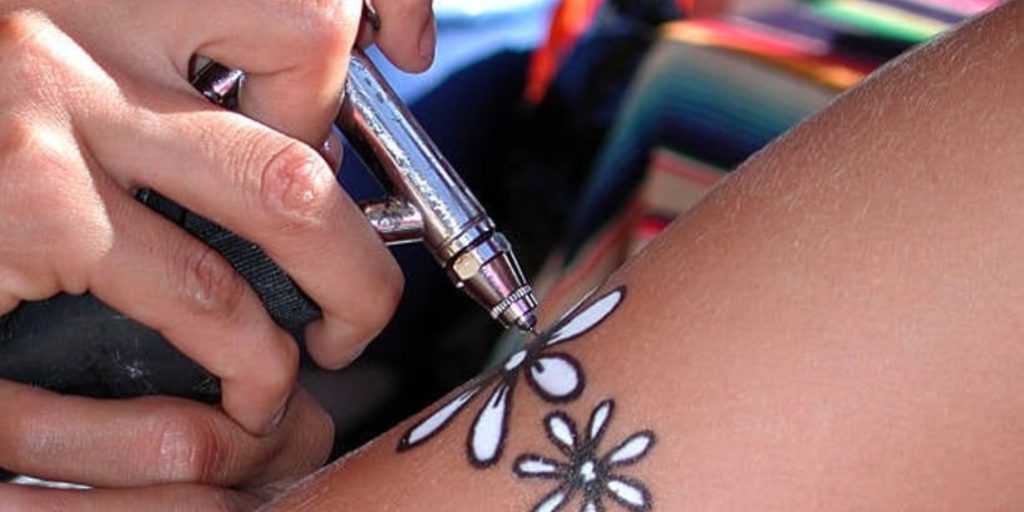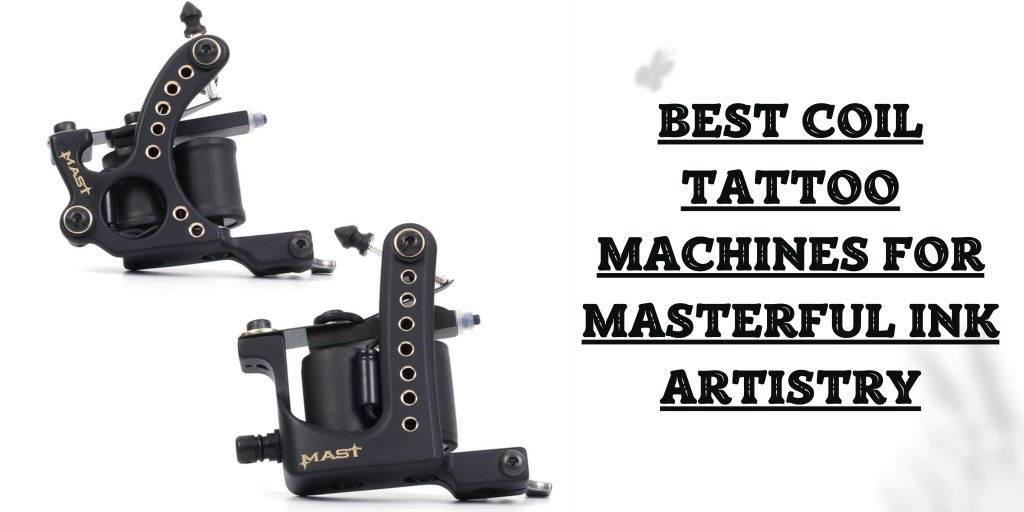If you’ve recently gotten a tattoo, you’re probably riding the wave of excitement mixed with a hint of pain. Tattoos are amazing works of art, but they also come with their own set of sensations during the healing process. One common question that may pop into your mind is, “Why does my tattoo feel hot?” Well, fear not, because we’re about to dive into the fascinating world of tattoo healing and unravel the mystery behind that warm sensation.
Understanding the Healing Process
Your skin has just been through a lot. The tattoo artist’s needle pierces through multiple layers of your skin to deposit ink, and your body responds by kicking its natural healing mechanisms into high gear. This includes increased blood flow to the area, and with that comes heat.
The First Days: Warmth and Redness
In the initial days, you might notice that your tattoo feels particularly warm. This is because your body is rushing white blood cells and nutrients to the site to help repair the damage and remove any potential invaders. In essence, it’s like a construction crew arriving to build a new structure.
Swelling and Sensitivity
Alongside the warmth, you might experience some swelling. Think of it as your body’s way of protecting the freshly tattooed area. Swelling helps shield the site from further harm, almost like a natural bandage.
Read More: CeraVe vs Lubriderm for Tattoos
Common Causes of Tattoo Heat
While some level of heat is expected during the tattoo healing process, there are other factors that can contribute to that warm sensation.
Inflammation: The Body’s Reaction
Inflammation is a natural response to any injury or trauma, including tattooing. Your body releases chemicals to promote healing, and this process can create heat as a byproduct. So, that warmth you’re feeling? It’s your body’s way of saying, “I’m working on it!”
Allergic Reactions
In some cases, a hot tattoo might be a sign of an allergic reaction to the tattoo ink. Allergies can vary in severity, and they might manifest as redness, itching, and, you guessed it, increased heat. If you suspect an allergy, consult your tattoo artist or a healthcare professional.
Read More: Best Wipes for Tattoos
Dealing with a Hot Tattoo
Now that you know why your tattoo feels hot, let’s explore how you can manage this sensation and ensure your tattoo heals beautifully.
Keep It Clean and Moisturized
Proper aftercare is crucial. Gently wash your tattoo with mild soap and warm water, pat it dry with a clean towel, and apply a recommended tattoo ointment. Keeping it clean and moisturized will aid in the healing process and reduce discomfort.
Avoid Irritants
Tattoos can be sensitive during the healing period, so avoid exposing them to irritants like excessive sunlight, swimming pools, or tight clothing. Treat your new ink with care, and it’ll reward you with vibrant longevity.
Read More: Best indoor tanning lotion for tattoos
How Tattoo Infection Is Treated

Recognizing Tattoo Infections
Before we discuss treatment, let’s briefly touch on how to recognize the signs of a tattoo infection:
- Increased Heat: A tattoo that feels excessively hot to the touch, especially when compared to the surrounding skin, may indicate an infection.
- Pain: Persistent and severe pain around the tattoo site can be a sign of an infection.
- Redness: While some redness is normal during the healing process, an infection often causes the redness to intensify and spread beyond the tattoo’s borders.
- Pus: If you notice the presence of pus oozing from the tattoo, it’s a clear indicator of an infection.
- Swelling: Swelling that doesn’t subside or worsens over time can be a sign of infection.
- Fever: A high fever is a severe symptom of an infection and requires immediate medical attention.
Seeking Professional Help
If you suspect a tattoo infection based on the aforementioned symptoms, it’s crucial to seek professional help promptly. Do not attempt to treat it at home, as this can exacerbate the problem. Here’s what to expect when you seek treatment for a tattoo infection:
- Consult a Healthcare Professional: Schedule an appointment with a healthcare provider, preferably one experienced in dermatology or tattoo-related issues.
- Evaluation: The healthcare professional will assess the infection’s severity and determine the most appropriate course of action.
- Prescription Medications: Depending on the infection’s severity, you may be prescribed antibiotics, antifungal, or antiviral medications. These are essential to combat the underlying infection.
- Topical Treatments: In some cases, topical treatments such as antibiotic ointments or creams may be recommended to apply directly to the infected area.
Home Care and Hygiene
In addition to prescribed medications and treatments, you’ll need to practice proper home care and hygiene to aid the healing process:

- Keep it Clean: Gently clean the infected area with mild soap and warm water as instructed by your healthcare provider. Avoid harsh or scented soaps.
- Avoid Irritants: Steer clear of any potential irritants like swimming pools, hot tubs, saunas, and tight clothing that can exacerbate the infection.
- Keep it Dry: Ensure the infected area remains dry, as moisture can promote bacterial growth.
- Follow Aftercare Instructions: If you have specific aftercare instructions provided by your tattoo artist or healthcare professional, follow them diligently.
Complications of Untreated Infections
Untreated tattoo infections can lead to more severe complications, including:
- Cellulitis: A bacterial skin infection that can spread rapidly, causing pain, redness, and swelling in the affected area.
- Abscesses: Pockets of pus that can form beneath the skin, requiring drainage and additional treatment.
- Scarring: Severe infections can lead to permanent scarring in the tattooed area.
- Bloodborne Infections: In rare cases, untreated infections can lead to systemic infections or bloodborne illnesses.
Read More: Can tattoos cause blood clots?


